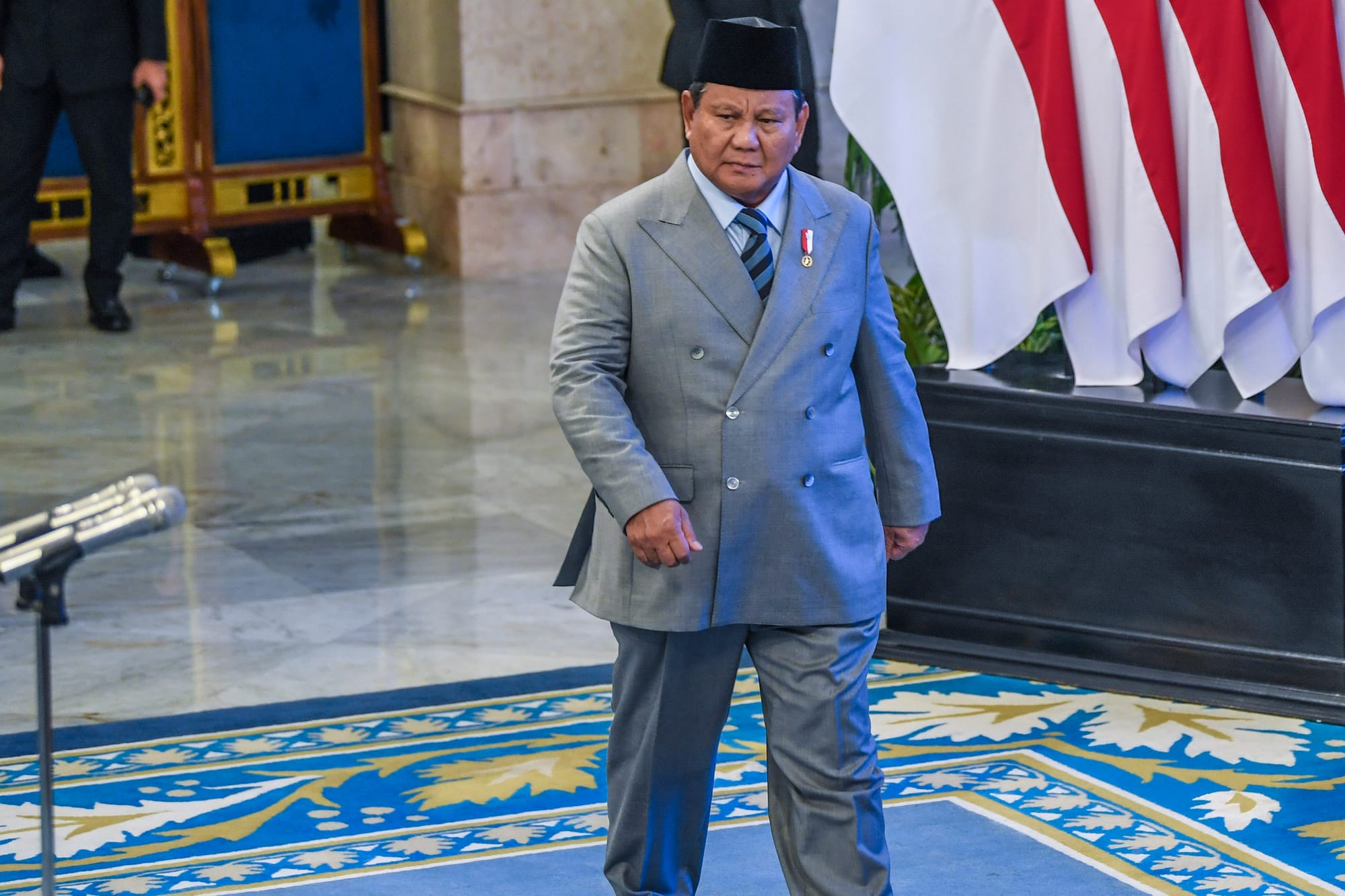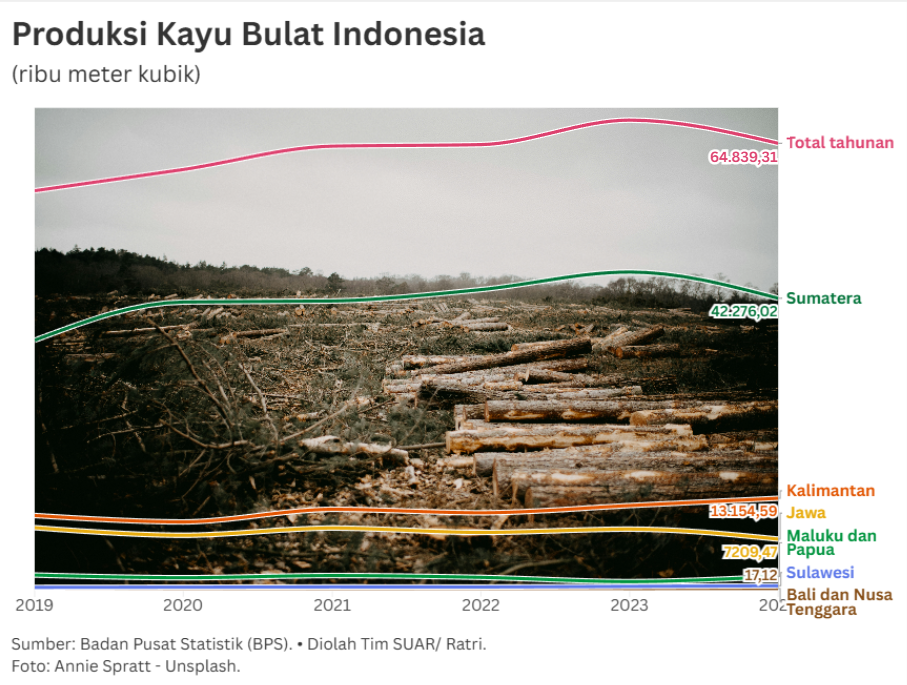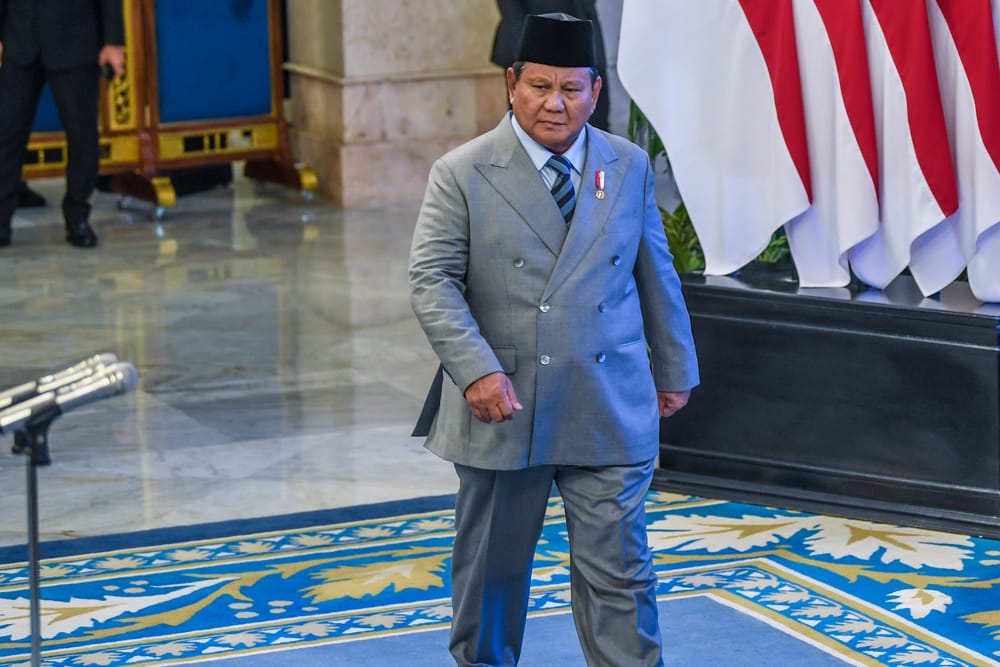After a year of carrying the people's trust, the Prabowo Subianto-Gibran Rakabuming Raka administration is aggressively pursuing an 8% economic growth target by 2029, one of which is by cutting all obstacles to private investment.
A number of experts and entrepreneurs expect the implementation of the removal of all barriers to business to be transparent and comprehensive in order to create a truly friendly and efficient business climate.
Expert Staff in Regional Development and Spokesperson for the Coordinating Ministry for Economic Affairs, Haryo Limanseto, said that reform and deregulation measures will continue to be encouraged so that the economy grows efficiently.
"Through Indonesia's membership in BRICS, IEU-CEPA, and ICA-CEPA, the government is committed to strengthening exports and expanding market diversification for Indonesian products abroad," he said in a discussion in Jakarta, Monday (10/20/2025).
Meanwhile, domestically, economic stimulus packages launched in stages, along with internship programs for 20,000 new graduates which began on Monday, October 20, 2025, are expected to help the lower class and support the purchasing power of the middle class so that they can move simultaneously.
"We must always maintain optimism and we must also open clear and transparent communication with the public. Therefore, this forum is held to listen to the views and ideas from all those present about the achievements and prospects of the economy going forward," said Haryo.
Don't be any lies
With a second-quarter growth track record reaching 5.12% and inflation maintained at 2.65% YoY, Indonesia's economic growth, supported by domestic consumption and investment up to 82%, has proven resilient to global economic fluctuations throughout 2025.
Although economic performance that exceeded expectations is the basis for remaining optimistic, the business world still cannot close its eyes to the facts, ranging from an increase in layoffs to 32% from the same period last year, a decrease in retail motor vehicle sales to 9.5%, and a consumer confidence index that fell to 118.1 in July.
Deputy Chair of Trade at the Indonesian Employers' Association (Apindo), Anne Patricia Sutanto, revealed that the challenges for the business world today are structural and must be faced together, starting from the availability of formal employment, supporting investment in labor-intensive sectors, to the ease of doing business promised in deregulation.
According to Anne, so far the business world has been encouraged to be ready to contribute to economic growth, even though the business world is more than ready for that. However, readiness also requires an agreement on productivity and efficiency to overcome problems such as loan interest rates reaching 8%-14% and a very high cost of fund , even though upgrading and upskilling require considerable capital.
Anne released a number of worrying data. In Apindo's findings, 61.26% of business actors have difficulty obtaining credit. Industrial electricity prices in Indonesia reach USD 0.099/kWh, far higher than other ASEAN countries. Foreign companies need 65 days to register, while property ownership transfers can take up to 90 days. If there is a dispute in court, the waiting time for a decision can be 150 days, even though the ideal time could be less than 7 days.
"In deregulation, please don't be any lies between us. It's useless if it's supported by liquidity, interest rates fall, and stimulus if there are still lies in deregulation and licensing. Yesterday, with the enactment of PP 28/2025, we were happy, but it hasn't been felt until now. In fact, regional governments only need to ask what needs to be done to the central government for its execution," Anne said frankly.
Currently, according to Anne, the business world has four recipes for contributing to growth, namely resilience to shocks, relevance that anticipates the future, innovation that reviews ways of creating value, and responsibility for creating jobs.
The Vice President Director of Pan Brothers did not deny that over the past 10 years, investment has moved towards capital-intensive sectors, even though two presidents have emphasized that the pillar of Indonesia's growth is labor-intensive industries.
Over-regulation of labor, said Anne, is one of the reasons why Indonesian human resources are not channeled optimally into high value-added industries.
"Over-regulated is not always good thing. The government must be there for the people, but the people must also work together. We must be confident in ourselves, so that the economy is not only 'taking off', but if possible also 'flying back and forth'," Anne emphasized.
Read also:

Upgrade all machines
Deputy for Coordination of SOE Management and Development at the Coordinating Ministry for Economic Affairs, Ferry Irawan, revealed that the government's economic policies include aggregate strategies on both the demand and supply sides. On the supply side, aggregate policies are implemented by increasing liquidity, infrastructure support, deregulation, and tax incentive support for businesses.
Meanwhile, on the demand side, aggregate policies are implemented by unblocking the efficient items of the state budget, accelerating ministry/agency spending, and providing additional budgets for stimulus programs and year-end transportation discounts for KAI, Pelni, ASDP, and various airlines to facilitate year-end mobility.
"This means we are not only targeting the bottom decile but also paying attention to the middle class. We are preparing formal employment opportunities, while for entrepreneurs, there is Rp282.7 trillion in People's Business Loans, Rp199.42 billion in agricultural equipment and machinery loans, and Rp754 billion in labor-intensive loans," Ferry stated.
Meanwhile, according to senior economist and member of the Coordinating Minister for Economic Affairs' Assistance Team, Raden Pardede, there are achievements that should be appreciated, with clear targets.
The large potential of commodities has proven to make the Indonesian economy grow faster than other countries, but dependence can make that growth a mirage.
"We have to upgrade the economic engine, because if the engine is good, the fuel will be more efficient. Learn from other countries that have political commitment, continuity of planning, technological progress, and take advantage of momentum. Consider natural resources as a bonus, not the main engine of our economy," Pardede emphasized.
Sharing Pardede's views, Chief Economist of The Indonesia Economic Intelligence (IEI), Sunarsip, explained that economic sectors that contribute to employment need to be encouraged, even though they have a fairly low recovery ability to the post-pandemic economy. Therefore, debottlenecking efforts should not only be done through deregulation but also technical aspects.
"Why isn't bank credit growing? The cost of fund is high, the cost of financing is high. The private sector is reluctant to take out bank loans, partly because our UMKM once experienced bad debts due to Covid-19 so they cannot borrow capital. Technical issues like this must also be included in the debottlenecking framework," Sunarsip explained.
Currently, according to Sunarsip, the government has succeeded in finding a formula to encourage greater economic effectiveness, from liquidity injection to ease of licensing. The global economic situation, which is much better than 3-4 months ago, according to him, is a momentum that must be used as well as possible.
"The economy, trade, and geopolitics are much better. The room to grow in 2026 is quite large, we just need to improve it by debottlenecking and lowering the ICOR ratio to encourage corporations to bring in even greater investment," Sunarsip concluded.







